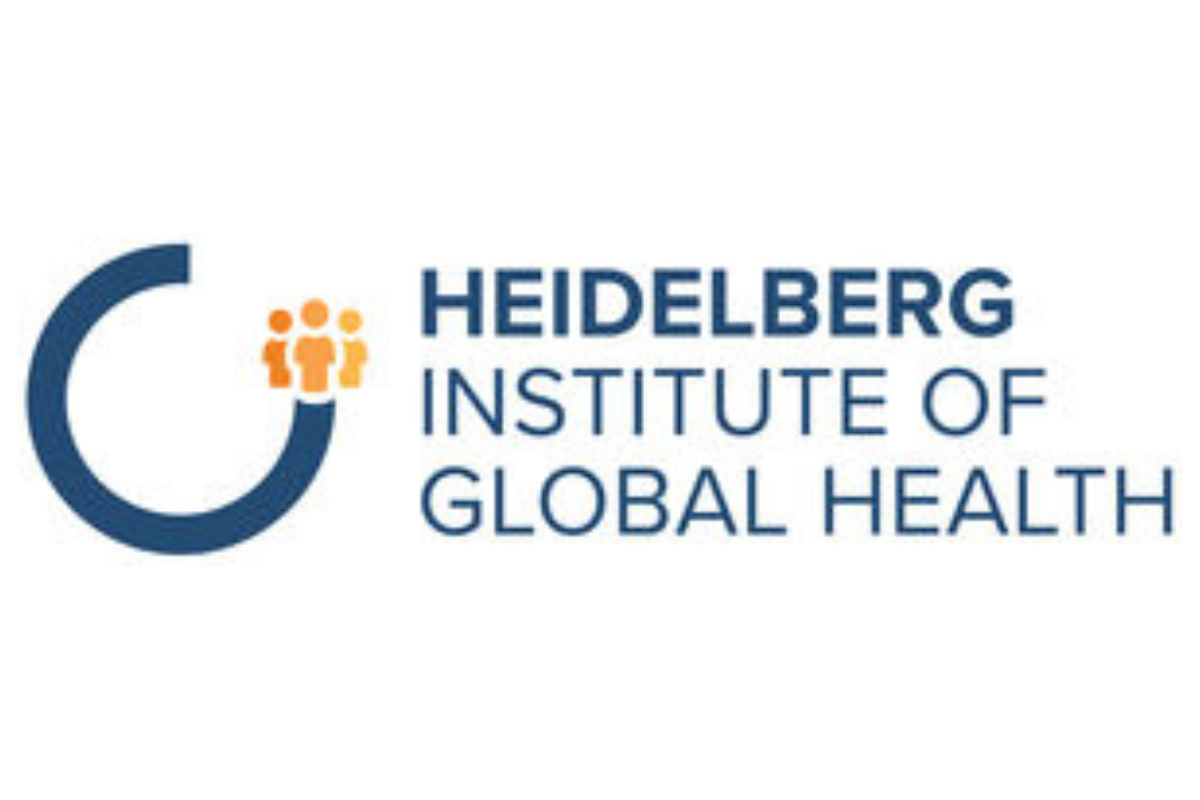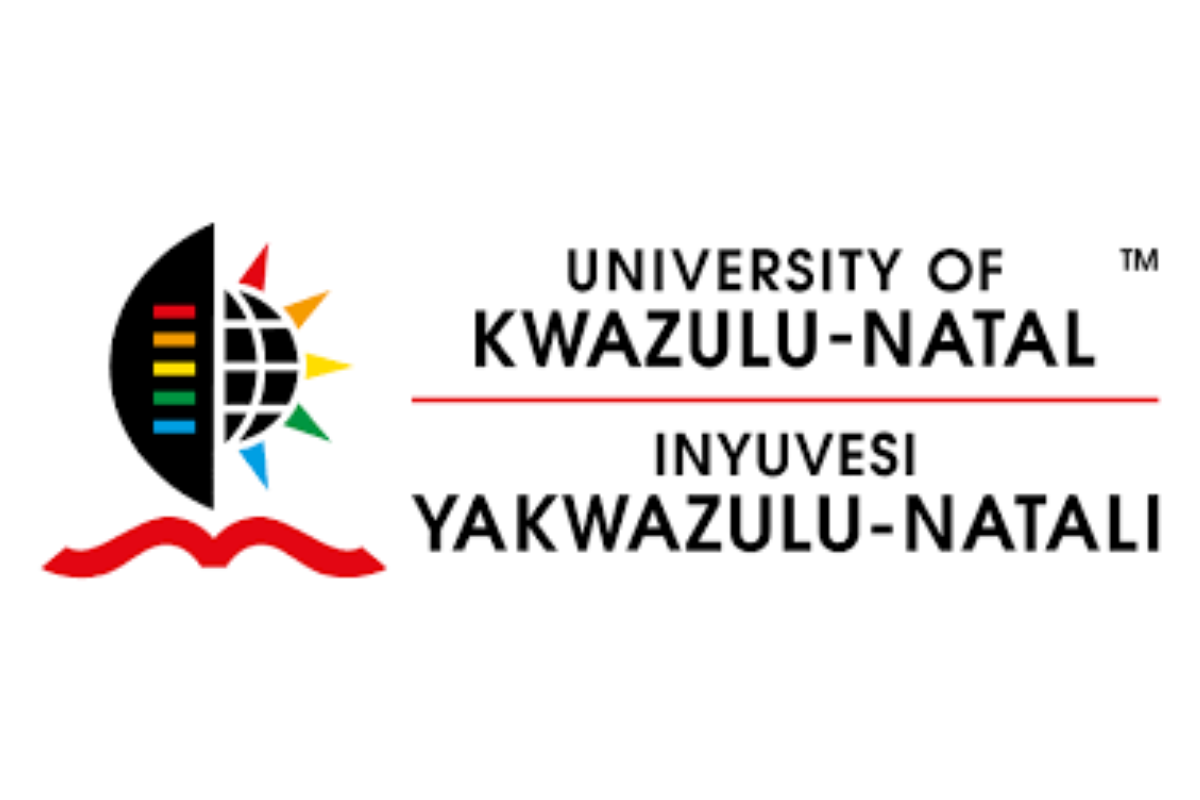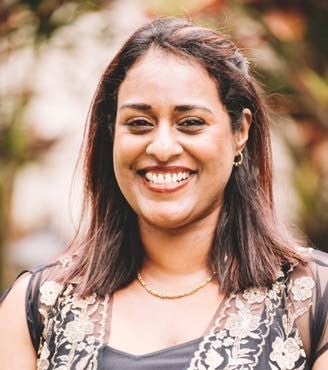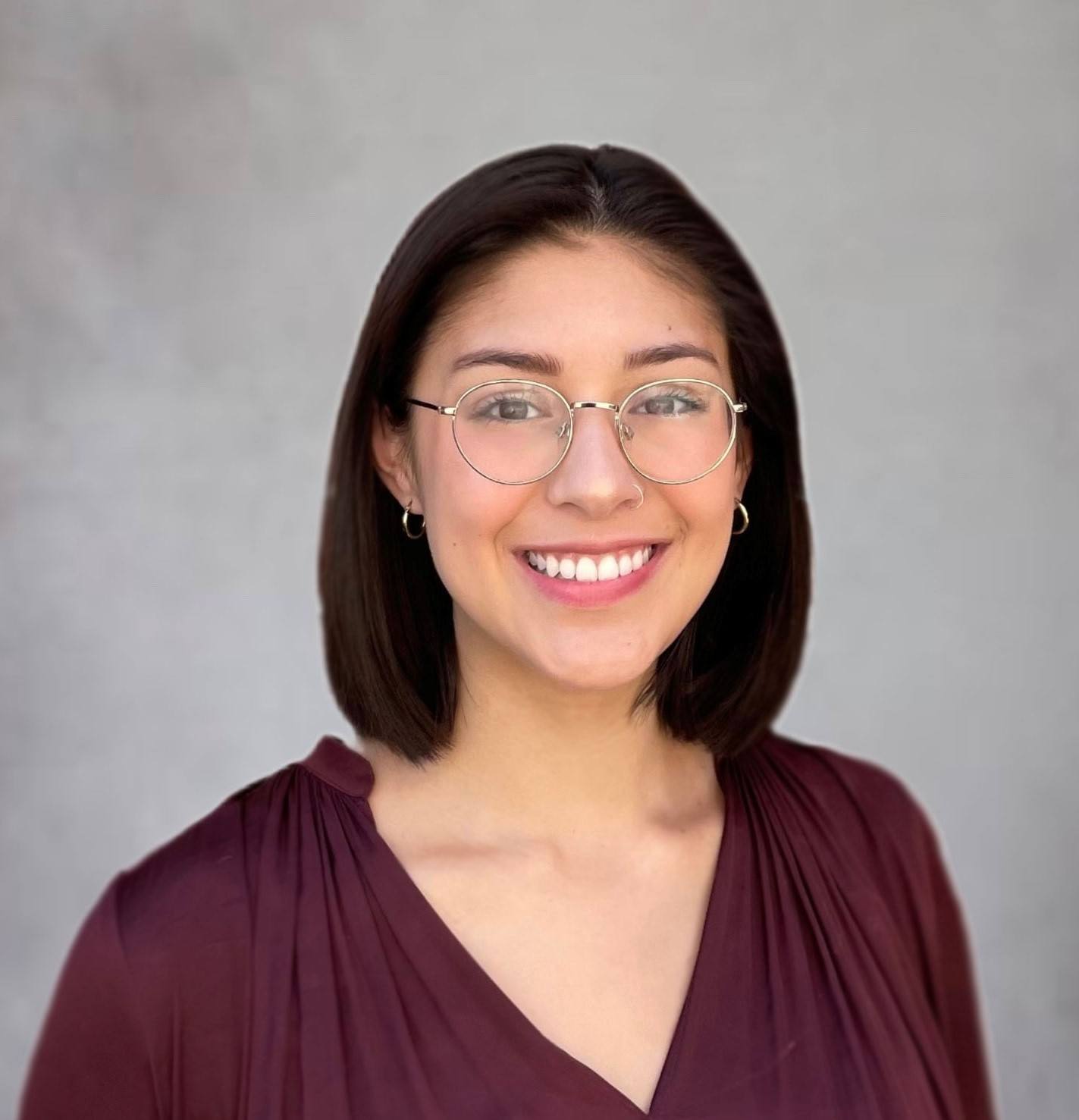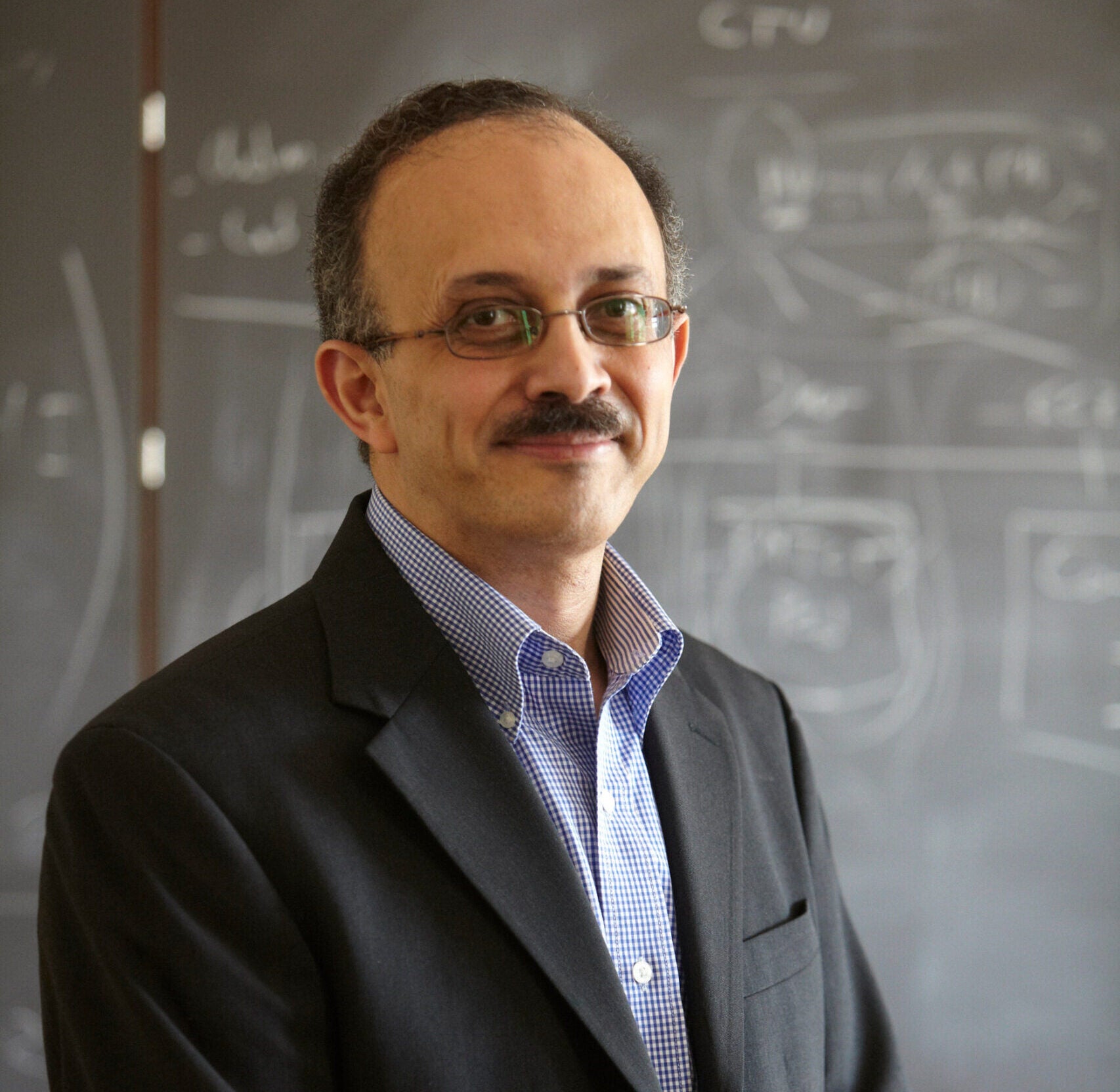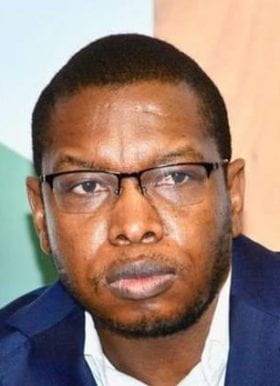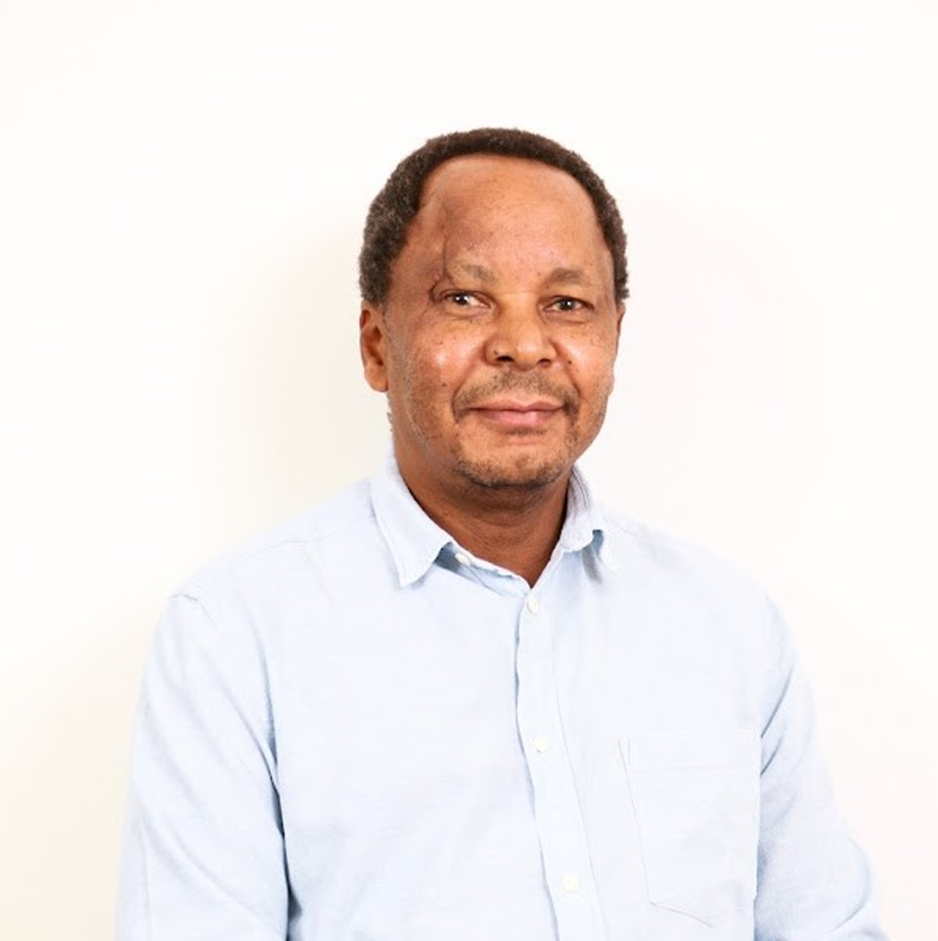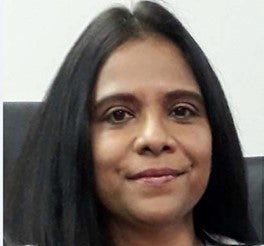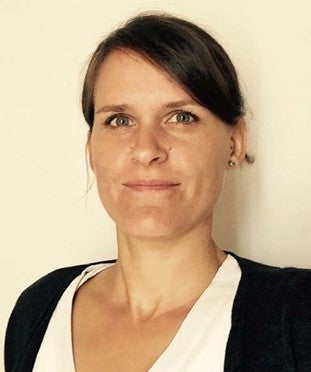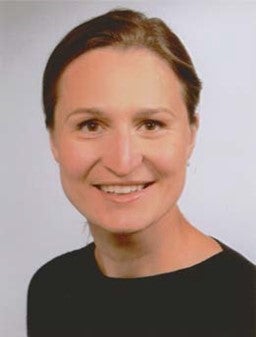Research Training on Harnessing Data Science for Global Health Priorities in Africa
The Research Training on Harnessing Data Science for Global Health Priorities in Africa program brings together a multidisciplinary team with data science expertise to address health systems strengthening, food systems, climate change, and planetary health.
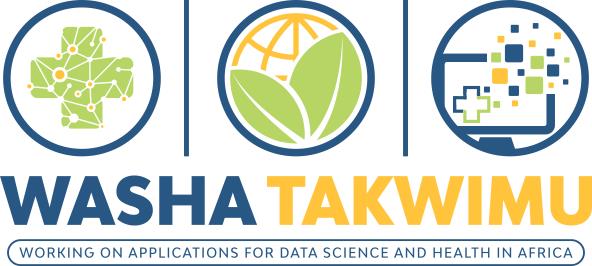
Research Training on Harnessing Data Science for Global Health Priorities in Africa
The Research Training on Harnessing Data Science for Global Health Priorities in Africa program (U2RTW012140), known as WASHA Takwimu or “Ignite Data” in Swahili, is a collaboration between Harvard T.H. Chan School of Public Health, the University of KwaZulu-Natal (UKZN) in South Africa, and Heidelberg University in Germany and other ARISE network partners.
Program Goals
Advances in digital technology over the past two centuries have transformed science, health, and biomedical research. ‘Big’ data opportunities are fast becoming available with advances in data science and artificial intelligence (AI), and these have the potential to transform both research and health care in Africa.
For example, the analysis of real-world routine data can provide powerful insights to bridge the knowledge gap and contribute to the discovery of new solutions to some of Africa’s most pressing health challenges.
However, the use of health data sciences and related approaches on the African continent, including in research and policymaking, has been limited by a severe shortage of data scientists. WASHA Takwimu aims to develop advanced health data science researchers in Africa to address the health needs of African countries, with UKZN as the hub and four partners (Spokes) in sub-Saharan Africa including, Nigeria (University of Ibadan), Uganda (Makerere University), Tanzania (Muhimbili University of Health and Allied Sciences), and Ghana (University of Ghana).
This program trains and supports postdoctoral fellows and faculty members in health data science. The project will also develop a new Masters of Health Data Science program at the University of KwaZulu-Natal (UKZN) in South Africa.
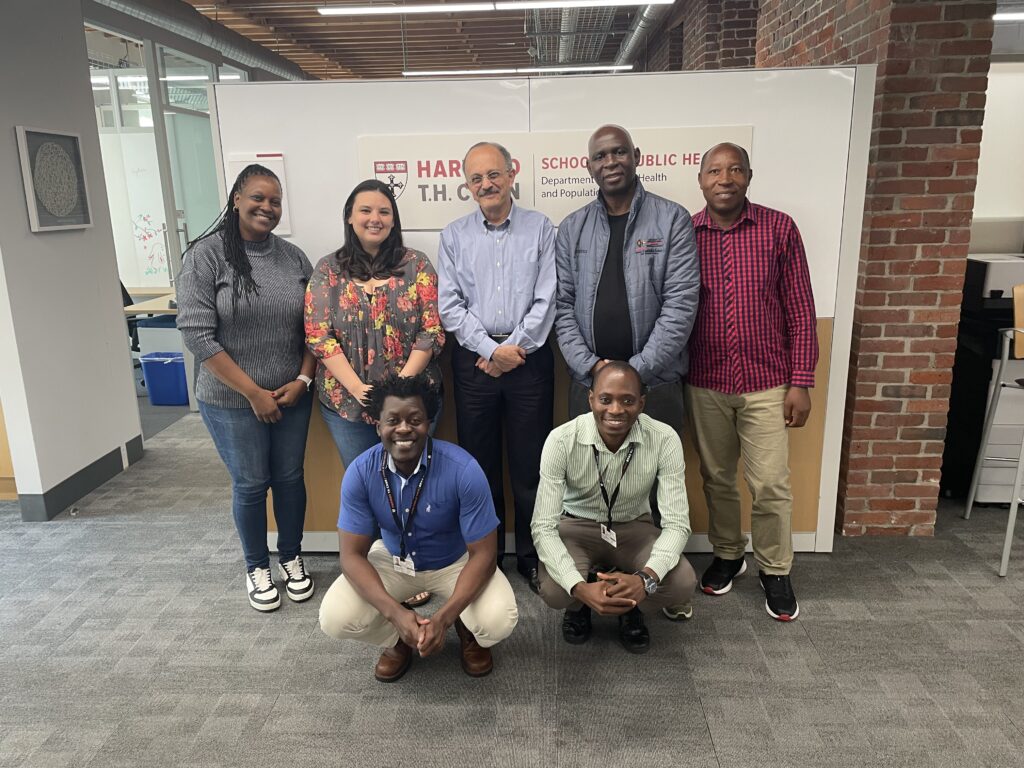
Left to Right: Alice Mugisha, Heather Mattie, Wafaie Fawzi, Retius Chifurira, Faustin Habyarimana, Boikhutso Tlou, and Jovine Bachwenkizi
Program Partners
Program Contact
Program Focus
WASHA Takwimu will provide training in the domains of health systems strengthening, food systems, climate change, and planetary health, as well as data science methods, through short courses and will provide postdoctoral fellows with opportunities to carry out research utilizing health data science methods in these areas.
Health systems strengthening
Data science has immense potential to generate new insight for healthcare and public health and to provide the foundations for new interventions and health systems reforms, and it can provide solutions to some of the problems that most vex health policy makers. Well-trained data scientists are needed to gain new insights that can underpin health systems interventions and reforms to improve population health.
Food systems, climate change and planetary health
Globally, food systems are failing to deliver nutritious and quality diets that are affordable for all, and poor food systems contribute to persistent undernutrition that affects 820 million people, and micronutrient deficiencies such as anemia that affect 1.9 billion people. There is a critical gap in our understanding of the complex pathways through which climate change and food systems interact to influence nutrition security and health outcomes.
Program Leadership
Program Mentors
Spoke Sites
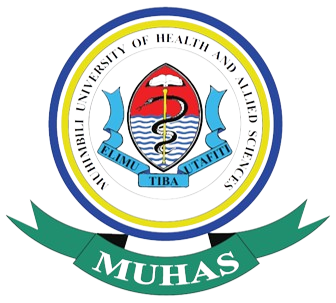

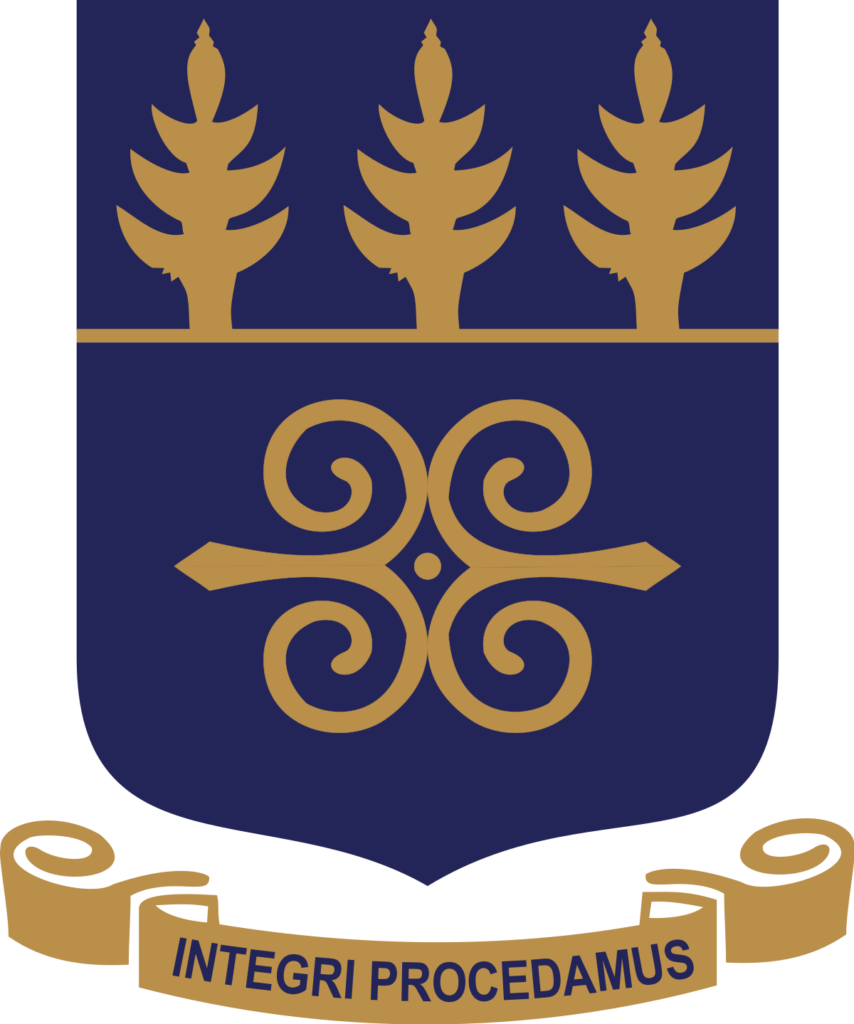
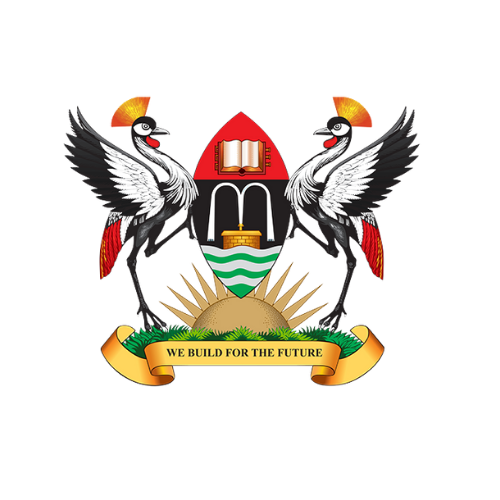
Makerere University, Uganda
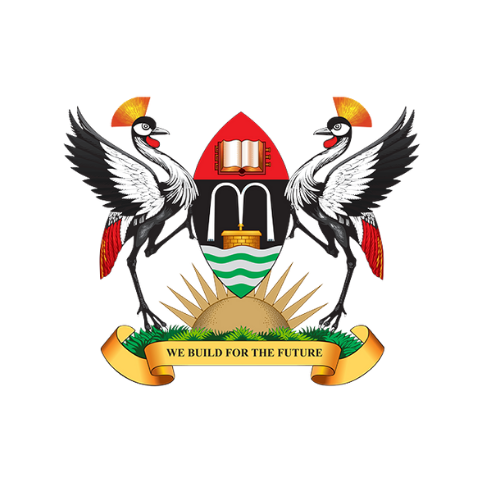
Established in 1922 as a humble technical school, Makerere University is one of the oldest and most prestigious Universities in Africa. In January of that year, the school, which was later renamed Uganda Technical College, opened its doors to 14 day students who began studying Carpentry, Building and Mechanics.
The College soon began offering various other courses in Medical Care, Agriculture , Veterinary Sciences and Teacher Training. It expanded over the years to become a Center for Higher Education in East Africa in 1935. In 1937, the College started developing into an institution of higher education, offering post-school certificate courses.
Makerere University is a thought leader of knowledge generation for societal transformation and development. Makerere University is committed to providing transformative and innovative teaching, learning, research and services responsive to dynamic national and global needs.
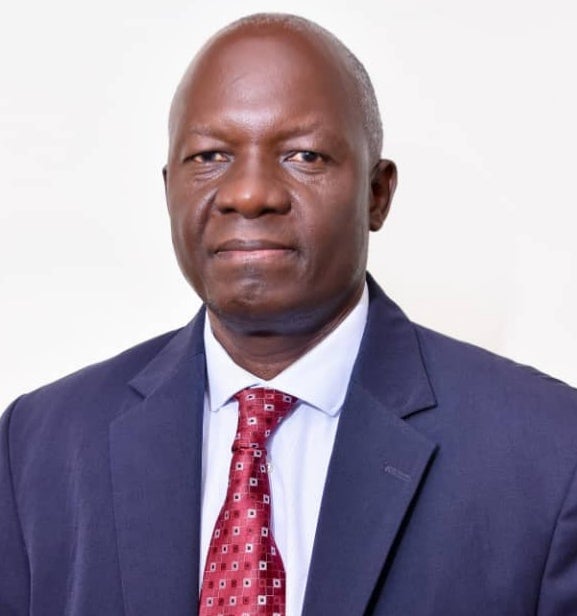
Dr. David Guwatudde is a Professor of Epidemiology and Biostatistics at the School of Public Health, Makerere University in Uganda. He is the project lead at the Makerere Hub. Amongst his other responsibilities at Makerere University, he is the Program Director for the Master of Biostatistics training program, some of whose trainees have interest in Data Science. His research interests include Interventional Epidemiology of Non-communicable diseases. Prof. Guwatudde is passionate at contributing towards the development of a critical mass of professionals in Data Science, an area that is still critically inadequate in Uganda. He will contribute towards the mentoring of trainees on the project.
University of Ghana, Ghana
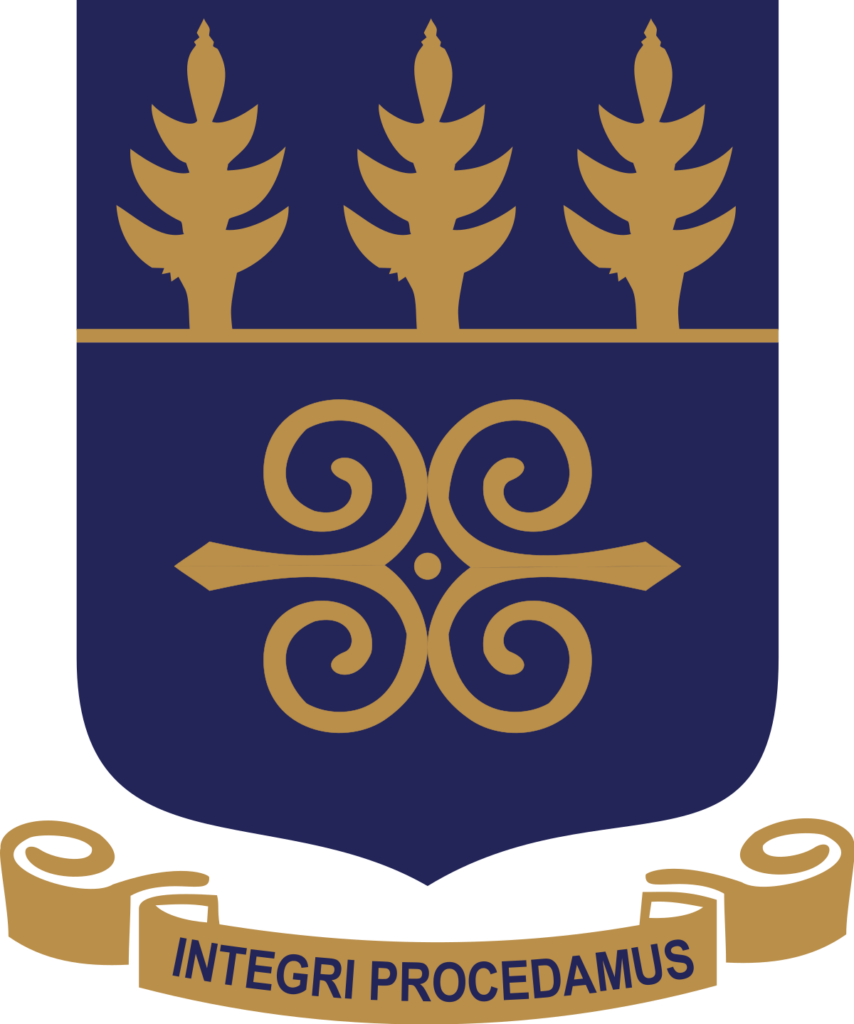
The University of Ghana, the premier university in Ghana, was founded as the University College of the Gold Coast by Ordinance on August 11, 1948 for the purpose of providing and promoting university education, learning and research.
As a University poised to distinguish itself in the area of research to make an impact at the national and international level, the University launched a Strategic Plan in 2014. The strategic plan (2014-2024) is intended to consolidate the gains made from the review of the University’s mission and practices and situate these within the context of a very dynamic environment of higher education in Ghana and beyond.

Dr. Chris Guure is a trained Epidemiologist, Bayesian and frequentist Biostatistician, a researcher and consultant with nine years of experience. He holds a PhD in Epidemiology and Biostatistics. Currently a Senior Lecturer with the Department of Biostatistics, School of Public Health, University of Ghana. Chris has worked and continuous to work for a number of international and national organizations. These include; World Health Organization (WHO), West African Health Organization (WAHO), Ghana AIDS Commission, Ghana Health Service, USAID and others. He has extensive experience conducting research in areas such key populations (female sex workers, men who have sex with men, transgender, people who inject drugs and people who use drugs), HIV/AIDs, malaria, maternal and child health, poor and the vulnerable, health systems, cancer, diabetes, hypertension, tuberculosis as well as cognitive decline, and dementia and its subtypes among older folks. Other areas of interest include monitoring and evaluation of health systems, statistical methodology and software applications of both frequentist and Bayesian statistical methods in population based complex cross-sectional survey data, meta analytic data, infectious disease and longitudinal data analysis via generalized linear/nonlinear mixed effects models and/or hierarchical/multilevel modelling, joint modelling of longitudinal and time-to-event survival models, and structural equation modelling.
University of Ibadan, Nigeria

The University of Ibadan is a public research university in Ibadan, Nigeria. The university was founded in 1948 as University College Ibadan, one of many colleges within the University of London. It became an independent university in 1962 and is the oldest degree-awarding institution in Nigeria.
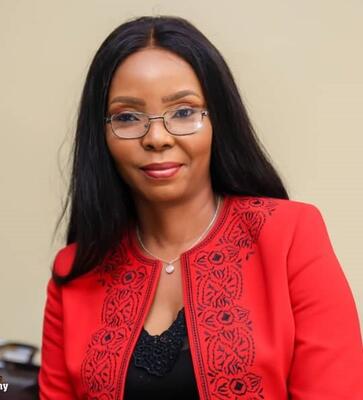
Prof. Angela Chukwu is a Professor of Statistics at the University of Ibadan, Nigeria. She received her Ph.D. in Statistics from the University of Ibadan in 2008. Her research focuses on the development and integration of innovative statistical approaches to understand and enhance the applications in Public Health, clinical research, and the life sciences. She is actively engaged in research, teaching, and the supervision of dissertations on Statistics for undergraduate and postgraduate students at the University of Ibadan and partner institutions in Africa. Prof. Chukwu is highly involved in research and project collaborations with leaders at national and international partner institutions on a broad range of applications of Statistics and implementation interventions for public health and the life sciences. These collaborations include participating on the African Research Implementation Sciences and Education (ARISE) Network, an international group dedicated to training and the applications of science and innovations in Africa. She is currently a visiting scholar at the World Bank sponsored African Center of Excellence in Data Science at the University of Rwanda, and a fellow of the McGoldrick funded initiative at the Harvard T. Chan School of Public Health.
Muhimbili University of Health and Allied Sciences, Tanzania
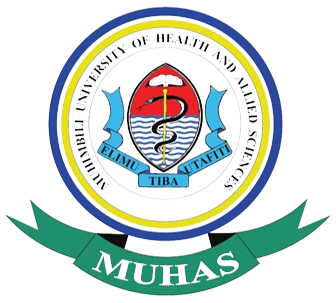
The Muhimbili University of Health and Allied Sciences (MUHAS) started as the Dar es salaam medical school in 1963. The school then transformed into the faculty of medicine of the university of Dar es salaam that in 1991 was upgraded and became a college–the Muhimbili University College of Health Sciences (MUCHS).
The objectives of the University are the advancement of knowledge, diffusion and extension of technology and learning, the provision of higher education and research and, so far as is consistent with those objectives, the nurturing of the intellectual, aesthetic, social and moral growth of the students at the University. MUHAS has one campus Muhimbili Campus situated in Ilala Municipality, in upanga along United Nations Road.
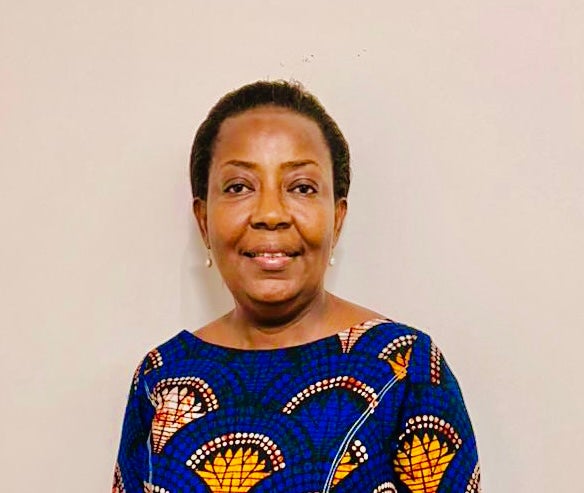
Dr. Candida Moshiro is a Senior Lecturer in Biostatistics at the Muhimbili University of Health and Allied Sciences. She provides Biostatistics training to undergraduate and postgraduate students, and statistical support to researchers. She participates in research and training collaborations focusing on infectious and non-infectious diseases. She played a key role in the establishment and implementation of the Master of Applied Epidemiology and Laboratory Management in collaboration with the Ministry of Health, Tanzania. She also led the establishment of Master of Public Health in Implementation Science at MUHAS.

